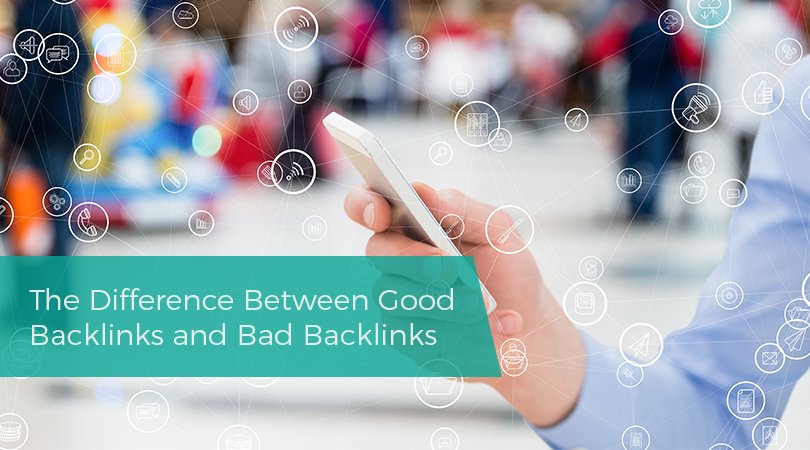
There is no denying the importance of SEO for your business’ online visibility. In today’s competitive market, SEO is more important than ever. However, When it comes to growing your visibility in the search engines, relying on content alone is not enough.
Gaining and creating backlinks is essential for success in organic search. Although this is an important aspect of SEO, many overlook it or expect it to occur on its own. If you want to achieve the rankings you deserve, you need quality links. So, how can you tell what makes a link quality? Let’s explore backlinks and distinguish between good and bad ones.
What are Backlinks?
According to Moz, backlinks, also called “inbound links” or “incoming links,” are created when one website links to another. On the web, backlinks are used as a form of citation, in which you provide credibility for another site that discusses a topic related to your brand, service, or product.
Backlinks are essential for your organic visibility. They are among the key factors search engines consider when determining how credible your site is and if it deserves a ranking position. Backlinks show search engines that others support your content.
There are a few important aspects to keep in mind when building backlinks. You should know that all backlinks are not created equal. There are some major differences between good backlinks and bad backlinks. We’ve broken them down for you below:
Examples of Good Backlinks
- Links from websites with a high domain authority
- Links from websites with high traffic
- Links from websites with high page ranks
- Natural, non-spammy links that occur without solicitation
- Links that include anchor text to your website that uses important keywords as the link text
Examples of Bad Backlinks
- Links from your website to completely irrelevant websites (i.e. a fashion designer linking to a dentist)
- Links from sites with explicit content
- Links from sites associated with spam or unethical practices
- Links from sites that are unrelated to your industry
- Purchased, solicited or unnatural links
- Links to or from link farms or sites with useless content
- Broken links
- Using too many links in your content
Backlinks: The Key to a Strong SEO Strategy
While there are numerous ways to build backlinks, you should only focus on earning high-quality backlinks to protect your site from link penalties. Link penalties have the potential to reduce your website’s rankings or remove your site from the SERPs completely. To avoid spending time in the Google penalty box, steer clear of bad backlinks and other black-hat SEO tactics.